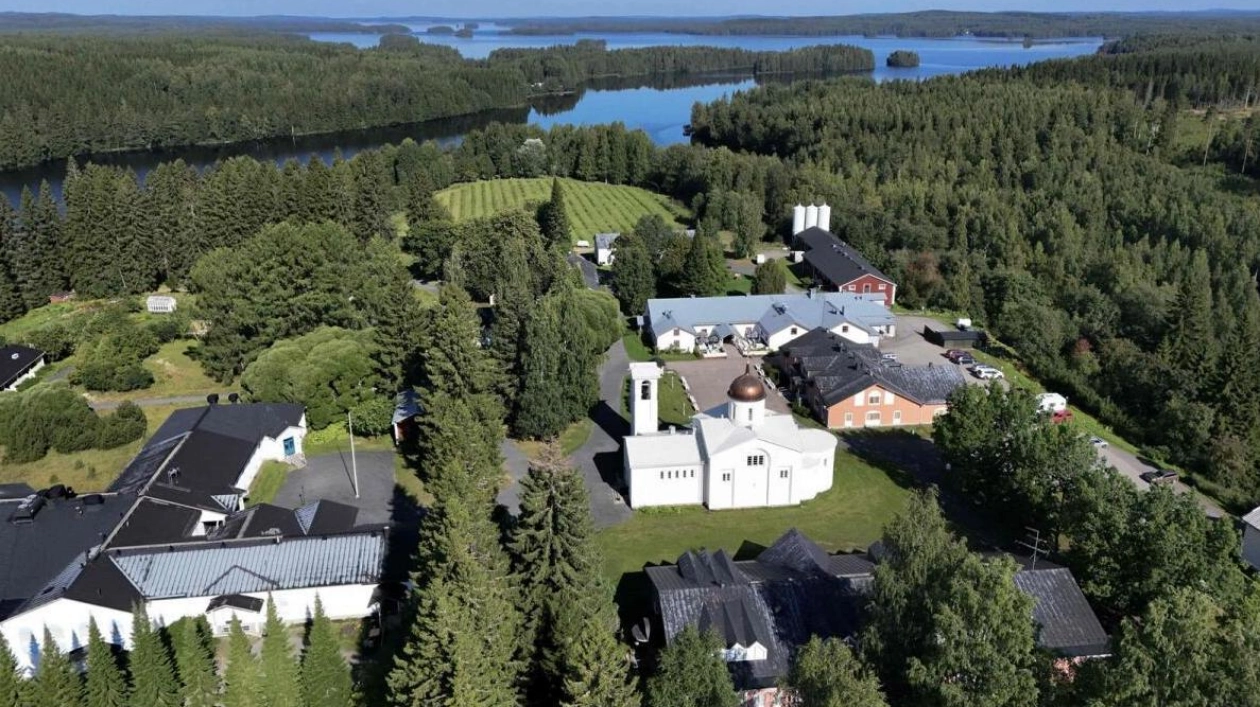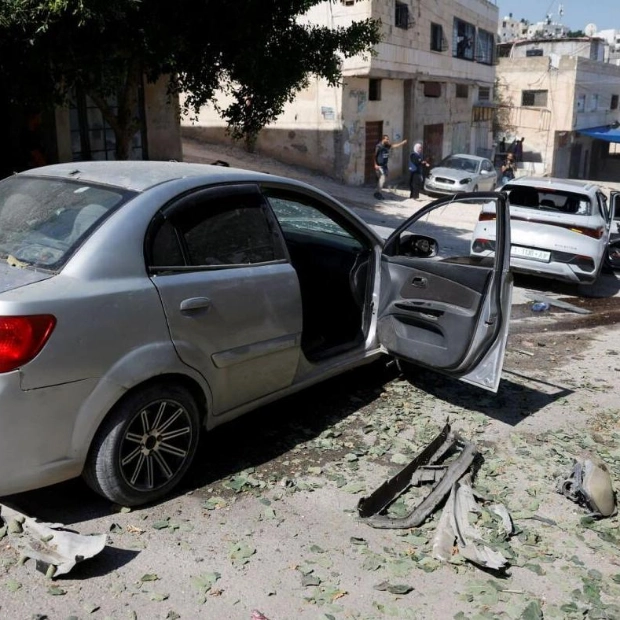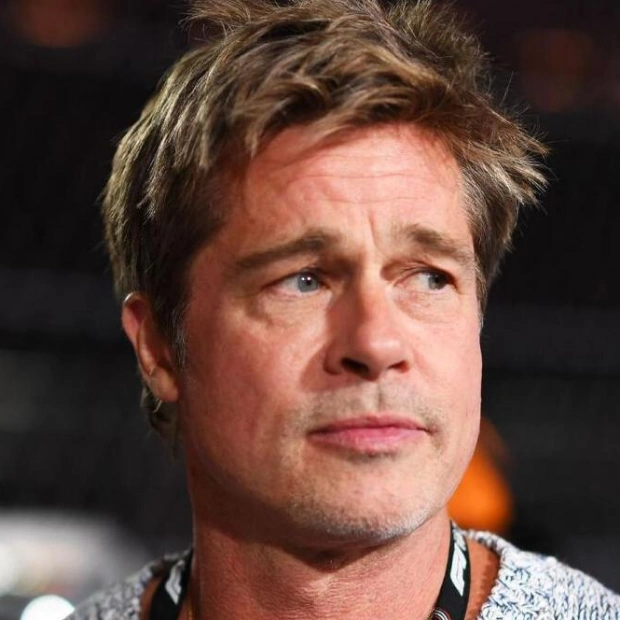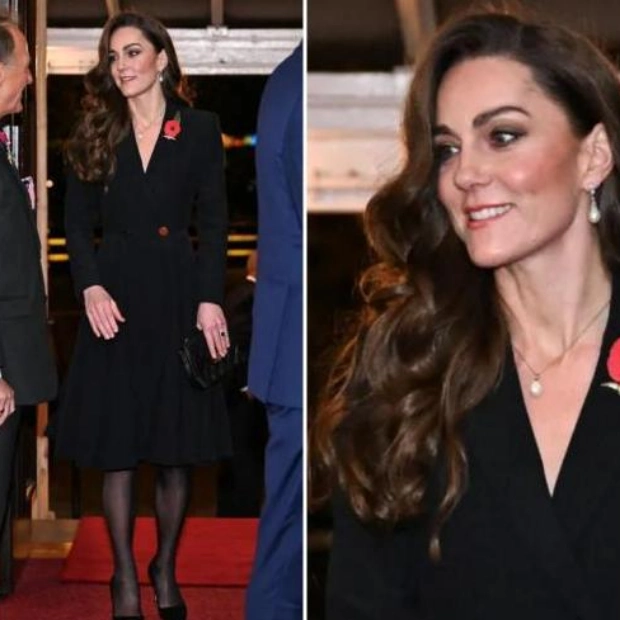Early mornings, strict routines, and discipline: an increasing number of young men in Finland are finding solace in the rigorous lifestyle and conservative values of monastic life. In a secular and progressive nation where experts anticipated a decline in religious interest among the youth, Christianity is making a surprising resurgence—at least among young men. At the dazzling white Valamo monastery, Finland's sole Eastern Orthodox abbey, the day commences at 6am with prayers, followed by breakfast and daily tasks. Life here remains largely unchanged for centuries.
Despite the austere conditions, the monastery has experienced rapid growth, expanding from approximately 10 monks to 18 in just a few years. Archimandrite Father Michael cites the pandemic as a pivotal moment, noting a significant surge in interest thereafter. He frequently receives emails from young men eager to explore the faith and, occasionally, seeking to become novices. "I believe it's the uncertain times we live in. People crave something steady, something to rely on," he explains.
The number of Finns identifying as Christian has been on a downward trend for decades. However, researchers began observing a growing interest in religion among young men about five years ago. Kati Tervo Niemela, a professor of practical theology at the University of Eastern Finland, admits she was initially skeptical of the trend. "But the same results have consistently appeared in our survey data," she notes.
In an old wooden church adorned with icons, Father Stefanos, raised in an Orthodox family, describes his path to monastic life as a natural choice. "It's been wonderful," says the 23-year-old, who finds peace in leaving behind worldly concerns. Two years ago, as a student living independently for the first time, he grappled with student debt and finding his place in life. "Then the war in Ukraine began, adding more stress," he recalls.
Approximately 63% of Finns are Evangelical Lutherans, while only 1% belong to the Orthodox Church, the country's second-largest national church, under the jurisdiction of the Patriarch of Constantinople in Istanbul. Although Valamo monastery traces its roots to neighboring Russia, it severed ties with Moscow when Finland gained independence in 1917. Tervo Niemela suggests that some young men are drawn to deeply traditional religious groups like the Orthodox Church because they align with their conservative values. The Orthodox Church, for instance, does not permit women priests.
Young men's opposition to Lutheran ministers blessing same-sex marriages is evident in surveys. Some also cite Canadian traditionalist Jordan Peterson as an influential figure. "Young men may feel that Christianity supports their sense of masculinity in a society where it is not always valued," Tervo Niemela observes. Meanwhile, young women in Finland—a leader in gender equality—continue to embrace more liberal values.
Dressed in a black cassock with long hair tied in a knot, 29-year-old Deacon Raphael recounts his journey to Valamo monastery six years ago after completing a philosophy degree. "I had a conventional Lutheran upbringing in Finland. We attended church perhaps once or twice a year...so not particularly religious," he says. "The answers I sought, the church fathers provided exceptionally well. Orthodoxy offered the most coherent responses among Christian churches to the big questions."
Father Raphael credits media personalities like French-Canadian YouTuber Jonathan Pageau for inspiring him with a Christian Orthodox perspective on current events. He believes young men are now "more conservative than females...Orthodoxy is, in some sense, very patriarchal and conservative," rooted in tradition with a capital "T," making it particularly appealing.






